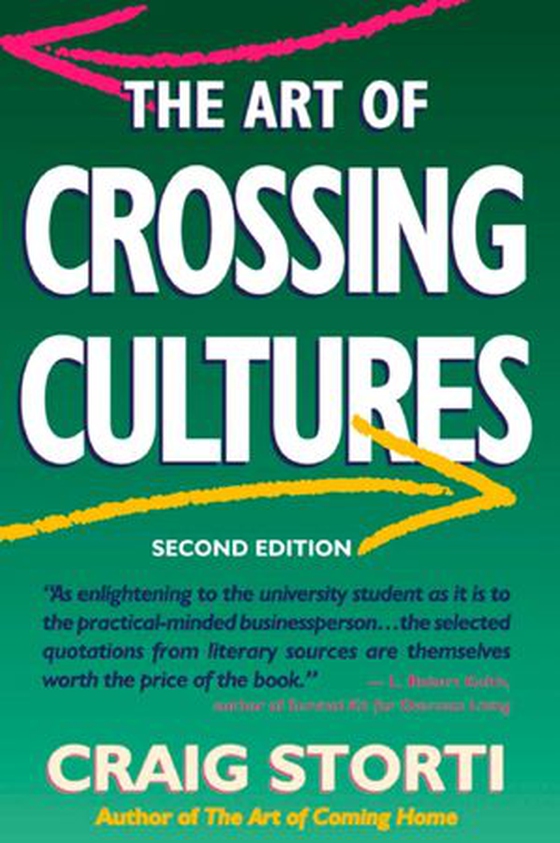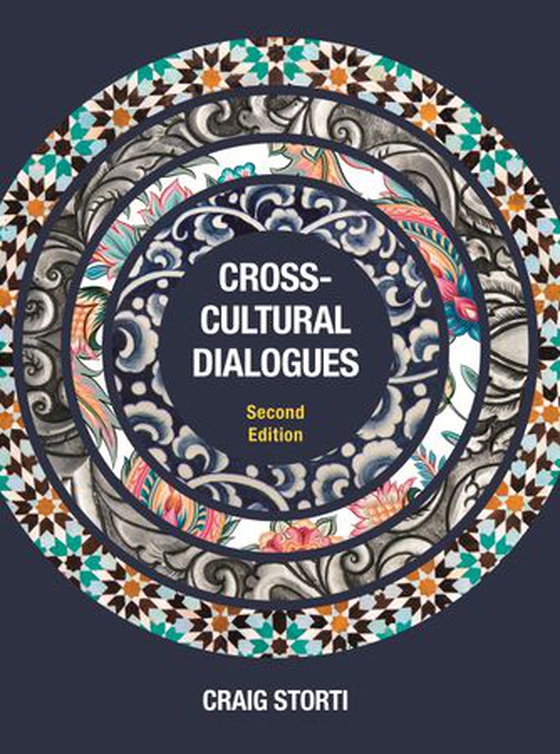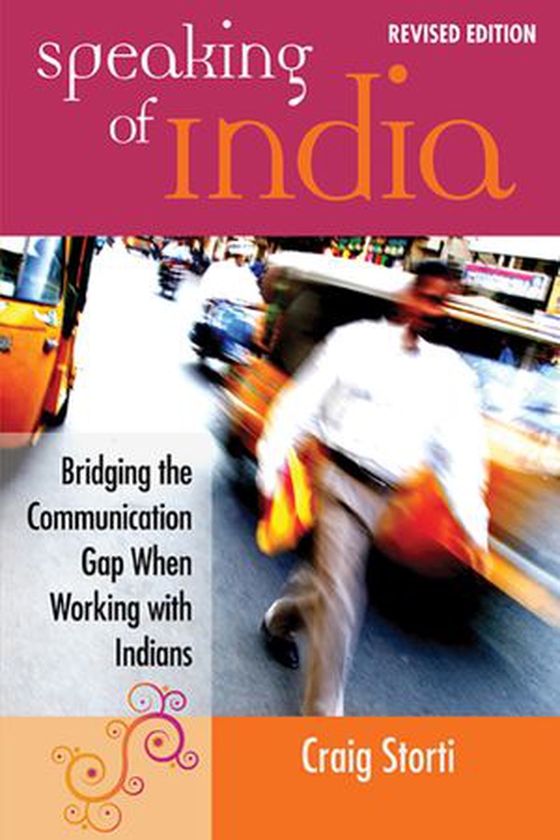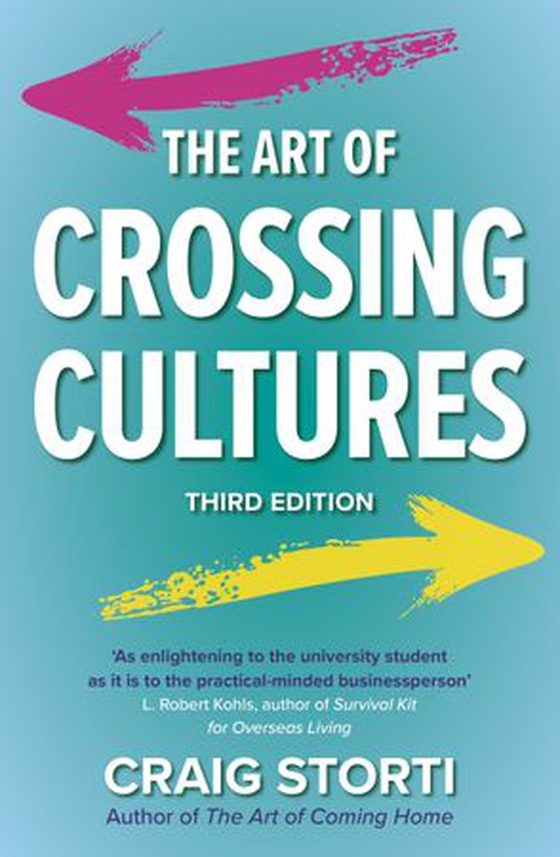Understanding the World's Cultures ebok
Here is the ultimate, self-instructional cross-cultural training manual. Craig Storti, author of The Art of Crossing Cultures, The Art of Coming Home, Incident at Bitter Creek and Cross-Cultural Dialogues, brings his wealth of knowledge and his creative mind to this exceptional new resource. Figuring Foreigners Out is designed for anyone who wants to help in "figuring out" the behavior of someone…
Here is the ultimate, self-instructional cross-cultural training manual. Craig Storti, author of The Art of Crossing Cultures, The Art of Coming Home, Incident at Bitter Creek and Cross-Cultural Dialogues, brings his wealth of knowledge and his creative mind to this exceptional new resource.
Figuring Foreigners Out is designed for anyone who wants to help in "figuring out" the behavior of someone from another culture. Educators, trainers and individuals will profit from this user-friendly workbook. readers can work through exercises which are vintage Storti - on their own, or in a training group.
Concepts at the heart of intercultural communication are addressed in a step-by-step manner and include individualism and collectivism, monochronic and polychronic concepts of time, verbal and nonverbal communication styles and power distance relationships in the workplace. Storti uses cross-cultural dialogues as a sort of pre- and post-test for many of the ideas he introduces - inviting readers to return to them after completing the exercises to analyze them in light of what they have learned. Storti ends with a definition of four stages of cultural awareness - unconscious incompetence, concious incompetence, conscious competence and unconcious competence - and invites readers to assess their level of awareness after working through the activities. Readers will find themselves better able to incorporate new attitudes and behaviors into their dealings with people who view the world from a different perspective.
Throughout, Storti uses literary quotations to enrich his text. This is one of the few books that individuals can work through and, without the aid of a structured training program, effectively prepare themselves for dealing with cultural differences they encounter. Yet it is also ideal as a training text. It should be high-priority reading for anyone who may come into contact with people from foreign cultures whether overseas (corporate expatriates, study abroad participants, volunteers, missionaries, military personnel) or at home in multicultural settings (the workplace, school and other social or organizational contexts).
Perhaps the most remarkable aspect of this book is its universality - it is neither overtly nor implicitly oriented to one culture and therefore can be used by anyone interested in understanding people who are culturally different from themselves.
















